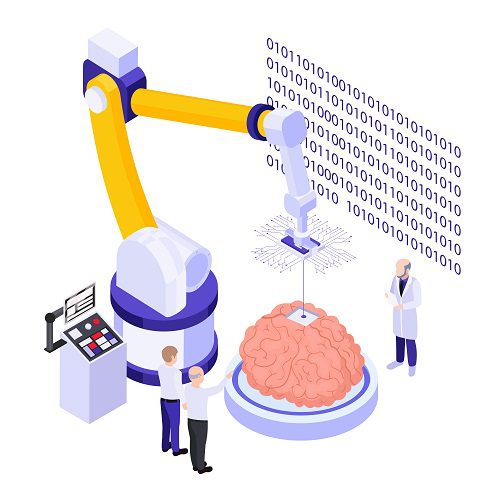
There is no denying that data is easily one of the most valuable resources globally. But what’s interesting are its applications, in addition to driving analytics in the conventional sense and delivering precious insights into the business. And, there is another facet where data stands to provide extraordinary value: Healthcare analytics. You see, the healthcare sector is a complex maze where the service providers are continually striving to not only tend to patients under their care. It also drives the advancement of the evolution of healthcare and medicine in general. Suffice it to say one needs quality assistance from solutions such as healthcare analytics.
Simply put, healthcare analytics helps the sector make sense of the data at hand. It enables healthcare facilities to leverage top-notch analytics to glean valuable insights from data — historical and current. In turn, this ability allows such facilities and providers to deliver substantially better levels of care to patients and help the business grow to the next level. However, a relatively new arrival on the scene has already proven its mettle, helping healthcare companies handle risk effortlessly, strengthen research, etc. Now, let’s look at how else it aids the healthcare sector’s efforts to deliver better patient care.
Key Benefits of Data Analytics in Healthcare:
- Cut down costs: The cost of healthcare continues to soar, which is understandably a point of contention for both hospitals and patients. It helps in this regard by enabling hospitals to cut down the number of emergency room visits, reduce unnecessary testing, eliminate inefficiencies, and more. It is done by careful analysis of vital parameters and data points such as treatment plans, prescriptions, etc.
- Foretell risk: Healthcare analytics also helps hospitals and care providers to foretell and identify patients at high risk of developing specific diseases. Such insights can then be used to kick off preventive treatment or early intervention to prevent the situation from devolving into a critical health issue. To this end, the solutions use data such as family history, gender, health stats, and more to identify risks for any given patient.
- Organize operations: The onlooker may not realize that even seemingly harmless factors such as waiting times can take a heavy toll on the patient’s well-being. One of the most effective ways to deal with this is to ensure the hospital or facility’s operations are thoroughly organized. How does analytics in healthcare help with that? Well, by providing a real-time view of metrics and performance stats for safety, quality, and more, as well as the availability of beds and current demand, among other things. Such information then facilitates better, informed decision-making.
As technology continues to evolve, we are bound to find better and more innovative healthcare analytics uses. And given that it will continue to deliver such high value to the industry for the foreseeable future. It only makes sense to find a healthcare software development company and get started on integrating such quality analytics in your operations
Also, if you are looking to know about the impact of Business Intelligence in Healthcare industry.
